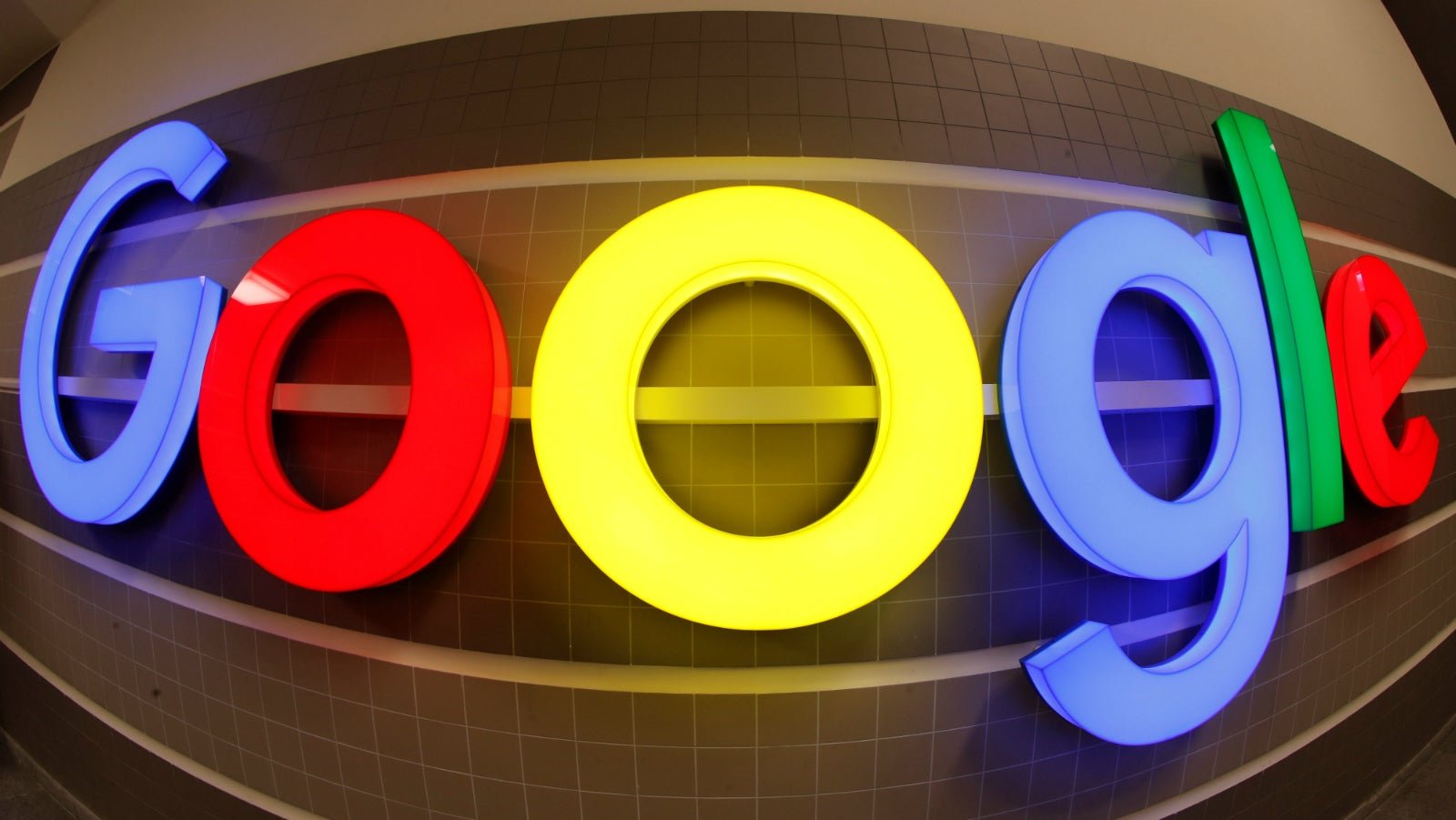The NZ government won’t let Google “off the hook” for breaking the law
Google could face prosecution from the New Zealand government after it broke local name suppression laws last year when it revealed the name of a suspect in a prominent local murder to thousands of New Zealanders via email.


Google could face prosecution from the New Zealand government after it broke local name suppression laws last year when it revealed the name of a suspect in a prominent local murder to thousands of New Zealanders via email.
The email, sent last December, was an algorithm-generated roundup of trending topics affecting the country. It cited international coverage of the tragic case of the disappearance and suspected murder of a young British backpacker, Grace Millane. Its subject line directly named the 26-year-old man charged with her murder, while the body included links to stories identifying him as suspect.
The New Zealand courts system will often suppress the names of victims and the accused until the trial has come to a close, making it illegal for local outlets or individuals to publish their names online, in the paper, or in any other medium. (International news outlets have historically geoblocked stories that flouted these laws, making them inaccessible within New Zealand.) The rule aims to allow for a more fair trial, where jury members are less likely to be prejudiced by media coverage or public discussion. New Zealand courts had issued a court order temporarily suppressing the name of the suspect in Millane’s case a few days before Google’s email went out.
Google claimed at the time it had not received the court order and was thus unaware of it. Following an intense backlash from New Zealand politicians, the company announced it would investigate how to “better ensure courts have the tools to quickly and easily provide these orders to us in the future.” It also held a series of meetings about the issue with justice minister Andrew Little.
Six months down the line, the government is frustrated that the international tech company has not committed to any changes, according to a Guardian report. “We have looked at our systems and it appears that last year’s situation was relatively unique, as it was a high-profile case involving a person from overseas, which was extensively reported by overseas media,” the company’s New Zealand government affairs manager Ross Young said in an email to Little.
In an op-ed for local publication The Spinoff published today, Little denounced the company’s failure to act, and announced his intention to explore “what avenues for legal action there might be.”
Google had behaved recklessly, he said, and should be treated precisely the same way as all other publishers with regards to the suppression laws. “Google chooses to operate their business here, to earn revenue here, to publish news and information here. So they have obligations here,” Little wrote. “I would be failing in my duty if, as a minister of justice in a small country, I threw in the towel and decided nothing could be done in the face of a giant international corporation thinking it could ride roughshod over one of the most important principles of criminal justice.”
Following Little’s open letter, Google said it had taken steps to make it easier for be aware of all court orders, and that it had stopped sending out New Zealand Google Trends emails altogether, to “provide even further assurance against any recurrence.”
The suspect in Millane’s case is expected to stand trial in November.
New Zealand has made a point of pushing back against the actions of global tech firms in recent months. In February, it announced plans to update its laws to tax revenue earned by digital giants. In March, it criticized Facebook for failing to prevent the live video broadcast of the massacre of 50 Muslim worshippers in Christchurch, New Zealand. In a letter to Facebook executives, privacy commissioner John Edwards said it would be difficult to “overestimate the growing frustration and anger here at Facebook’s facilitation of, and inability to mitigate, the deep, deep pain and harm from the live-streamed massacre … Your silence is an insult to our grief.”
Sheryl Sandberg subsequently published an open letter in the New Zealand Herald stating that the company would be “exploring” restricting live streaming video to some users. “We have heard feedback that we must do more—and we agree,” she wrote. In May, the company announced that it would restrict people who had broken Facebook rules, including its Dangerous Organizations and Individuals policy, from using Facebook Live.
This story was updated with details of steps taken by Google.